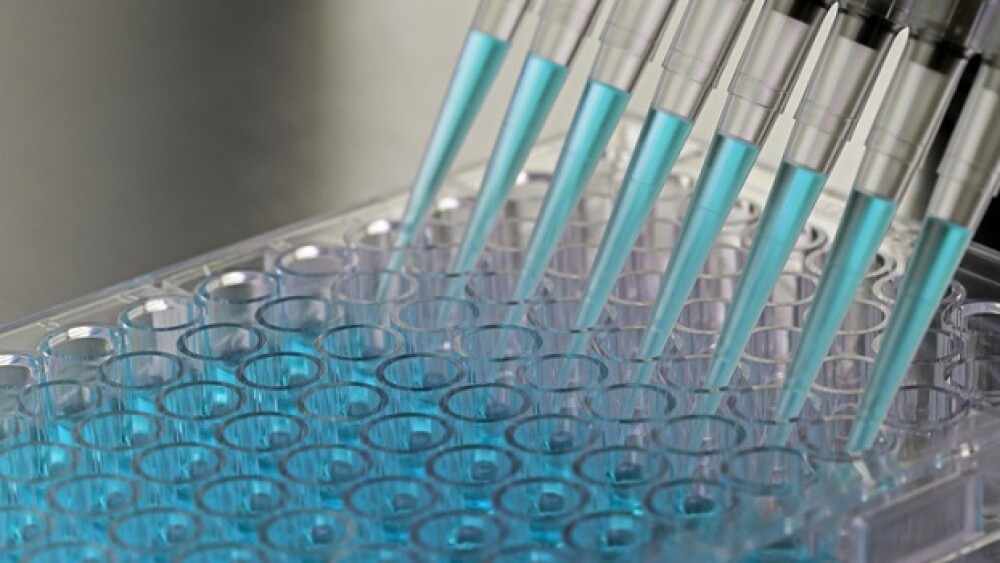Lipocine will undergo a strategic realignment and focus its drug development program on developing a pipeline of differentiated products for central nervous system disorders.
Utah-based Lipocine Inc. will undergo a strategic realignment and focus on developing a pipeline of differentiated products for central nervous system (CNS) disorders.
The company announced its new focus Monday morning and will aim its Lip’ral oral drug delivery technology at developing oral neuroactive steroids. The announcement was made prior to the release of near-term clinical milestones for LPCN 1154, the company’s lead candidate for postpartum depression (PPD).
Lipocine’s initial focus will be on endogenous neuroactive steroids (NAS). These have broad applicability in treating different CNS conditions. Lipocine believes it can leverage its Lip’ral platform to develop highly differentiated oral therapeutics, Mahesh Patel, president and chief executive officer of Lipocine, said in a statement.
Patel told BioSpace the company sees significant potential in the CNS space and will allow Lipocine to more effectively use its resources for the development of its neuroactive steroids.
“The changes we are implementing allow us to focus on a select number of candidates in active development and to manage our resources efficiently,” Patel said.
A Focus on CNS Through NAS
According to the company, endogenous neuroactive steroids have shown the ability to impact CNS function through allosteric modulation of the GABAA receptor. NAS drugs have become a focus due to the potential of this class in the treatment of multiple neuropsychiatric conditions, including depression, movement disorders, epilepsy, anxiety and neurodegenerative diseases.
Lipocine’s most advanced NAS candidate is LPCN 1154, which is being assessed for postpartum depression. Results from a pharmacokinetic bridge study, a prelude to a pivotal study required for the filing of a New Drug Application, is expected in the first quarter of 2023.
Patel said no other company can produce these oral NAS medications that have the potential to be a fast-acting agent for PPD. The oral medication will have advantages over current intravenous options as it will not separate mothers from their children while receiving treatment.
In addition to LPCN 1154, Lipocine’s CNS development portfolio includes LPCN 2101, which is being assessed as a treatment for women with epilepsy. The company also has additional undisclosed CNS-focused candidates. Patel said there are numerous options in the CNS space and the company is excited about its new path that will allow greater exploration in this space.
Non-Core Assets
As Lipocine shifts into its new focus, the company intends to explore strategic partnerships and other opportunities for non-core assets, which includes its recently-approved testosterone-replacement therapy, Tlando.
The therapy was approved in March of this year and has been licensed by Antares Pharma. In its announcement, Lipocine noted that it would explore ex-U.S. commercialization opportunities for Tlando.
Other non-core assets include LPCN 1148, a potential treatment for decompensated liver cirrhosis. LPCN 1148 is currently in a Phase II proof-of-concept study.
The company also has LPCN 1144 for treatment of non-cirrhotic NASH, LPCN 1107 for prevention of pre-term birth and LPCN 1111, a once-a-day testosterone replacement therapy.
“We continue to believe in the value of our non-core candidates and have determined that the optimal way to advance these assets will be through partnership. We believe that this strategy will allow us to diversify risk and can create opportunities for non-dilutive financing,” Patel said.
At this time, Lipocine does not intend to make further investments in these non-core programs. The company has $37.4 million in available cash and cash equivalents. Lipocine believes this will be sufficient to support operations and capital expenditure until at least Sept. 30, 2023.





